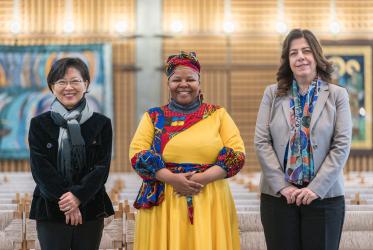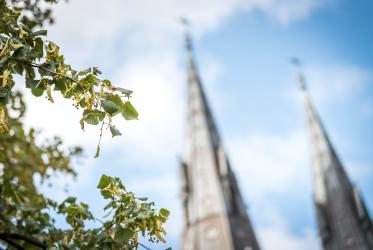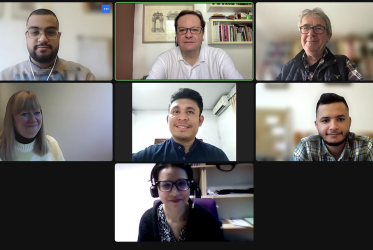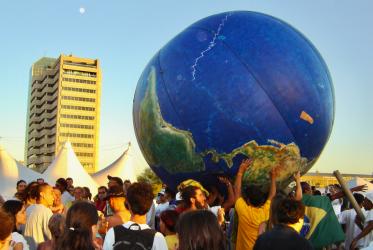Displaying 1 - 20 of 1169
A global outlook from different angles
10 April 2024
WCC, WHO commemorate 50 years of collaboration
04 April 2024
Three WCC commissions elect vice moderators
08 March 2024
WCC commends Church of Sweden’s engagement for peace and justice
15 February 2024
WCC submits comments on draft UN “Pact for the Future”
12 February 2024
Regional communicators strengthen WCC fellowship, deepen solidarity
08 February 2024
WCC congratulates Walter Altmann on his 80th birthday
05 February 2024












